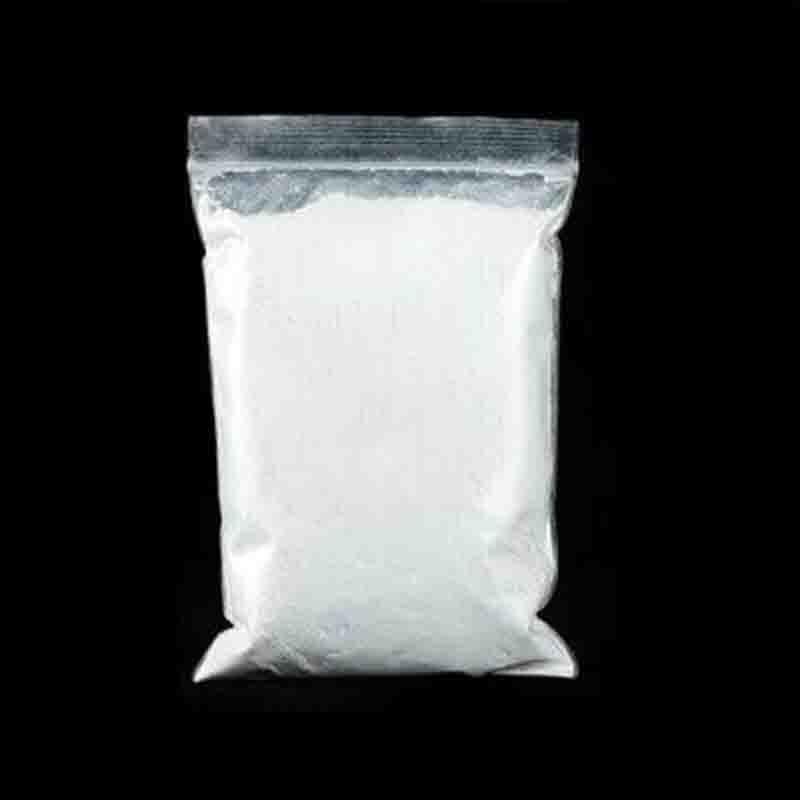-
Categories
-
Pharmaceutical Intermediates
-
Active Pharmaceutical Ingredients
-
Food Additives
- Industrial Coatings
- Agrochemicals
- Dyes and Pigments
- Surfactant
- Flavors and Fragrances
- Chemical Reagents
- Catalyst and Auxiliary
- Natural Products
- Inorganic Chemistry
-
Organic Chemistry
-
Biochemical Engineering
- Analytical Chemistry
-
Cosmetic Ingredient
- Water Treatment Chemical
-
Pharmaceutical Intermediates
Promotion
ECHEMI Mall
Wholesale
Weekly Price
Exhibition
News
-
Trade Service
We all know that in healthy right-handed adults, language regions and language centers tend to be distributed in the left hemisphere of the brain (LH).
However, clinically it has been found that damage to either hemisphere can also lead to delayed or dysfunal language development in very young children, which leads to speculation that the language region in early childhood has not yet established a lateral pattern of adults and that two hemispheres are equally involved in the completion of language functions during early development.
September 7, 2020, a team of researchers from Georgetown University Medical Center in the United States published a paper in PNAS entitled "The Neural basis of language development: Changes in lateralization overage", which found that the activation of language regions is age-related.
The language regions of the left and right hemispheres of the brain (LH and RH) in the youngest children (4 to 6 years old) showed significant activation, however the proportion of participants with significant RH activation decreased with age, with more than 60% of adult participants not showing any significant RH activation.
suggests that while language function tends to be controlled by the left hemisphere, the right hemisphere's control over language processing is also strong early in life and gradually weakens from childhood.
the study, which recruited 39 healthy children aged 4-13 and 14 adults aged 18-29, was divided into two groups for a series of sentence-understanding tasks and functional magnetic resonance imaging (fMRI) activation pattern analysis for each hemisphere of the individual.
, the researchers compared individual language activation maps for four age groups (4-6 years, 7-9 years, 10-13 years and 18-29 years old).
all participants were also brain-wide to identify age-related brain regions activated by language.
researchers found that at the group level, all age groups showed strong left outer language activation, mainly in the lower left corner and the epithal cortical layer, with most of the youngest age group also showing significant activation in the corresponding right hemisphere region.
the individual activation graph for each age group showed significant differences with age, especially when it came to RH activation, and the proportion of RH-activated participants decreased with age.
when performing sentence understanding tasks, most adults show little RH activation, but in many young children RH activation is intense and widespread, even occasionally comparable to LH.
The proportion of participants with significant RH activation in each age group, said lead study author Elissa L. Newporta, a neuroscientist at Georgetown University Medical Center, "The higher level of right hemisphere activation in sentence processing tasks and the slow decrease in this activation over time reflect changes in the neural distribution of language function."
addition, the findings are good news for young children suffering from nerve damage, and the joint involvement of the two hemispheres of the brain provides a mechanism for compensating for nerve damage.
, for example, if a perinatal stroke causes damage to the left hemisphere of a baby, he or she can use the right hemisphere to learn a language to develop cognitive abilities that would otherwise be influenced by the left hemisphere.
"







